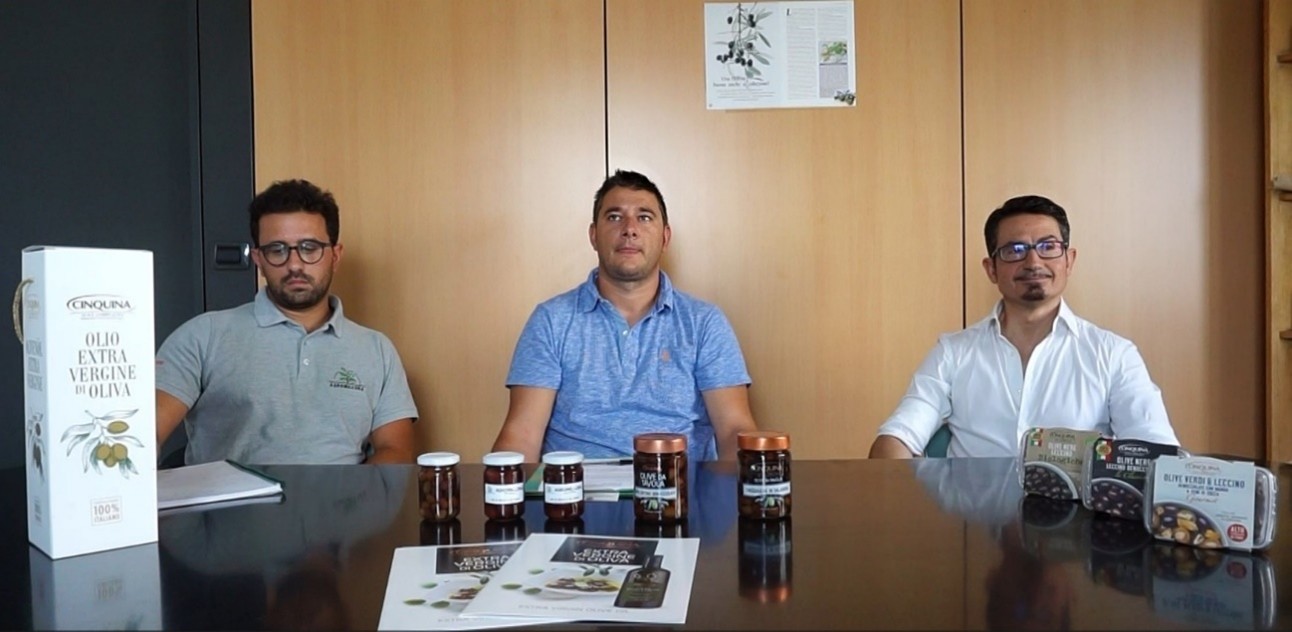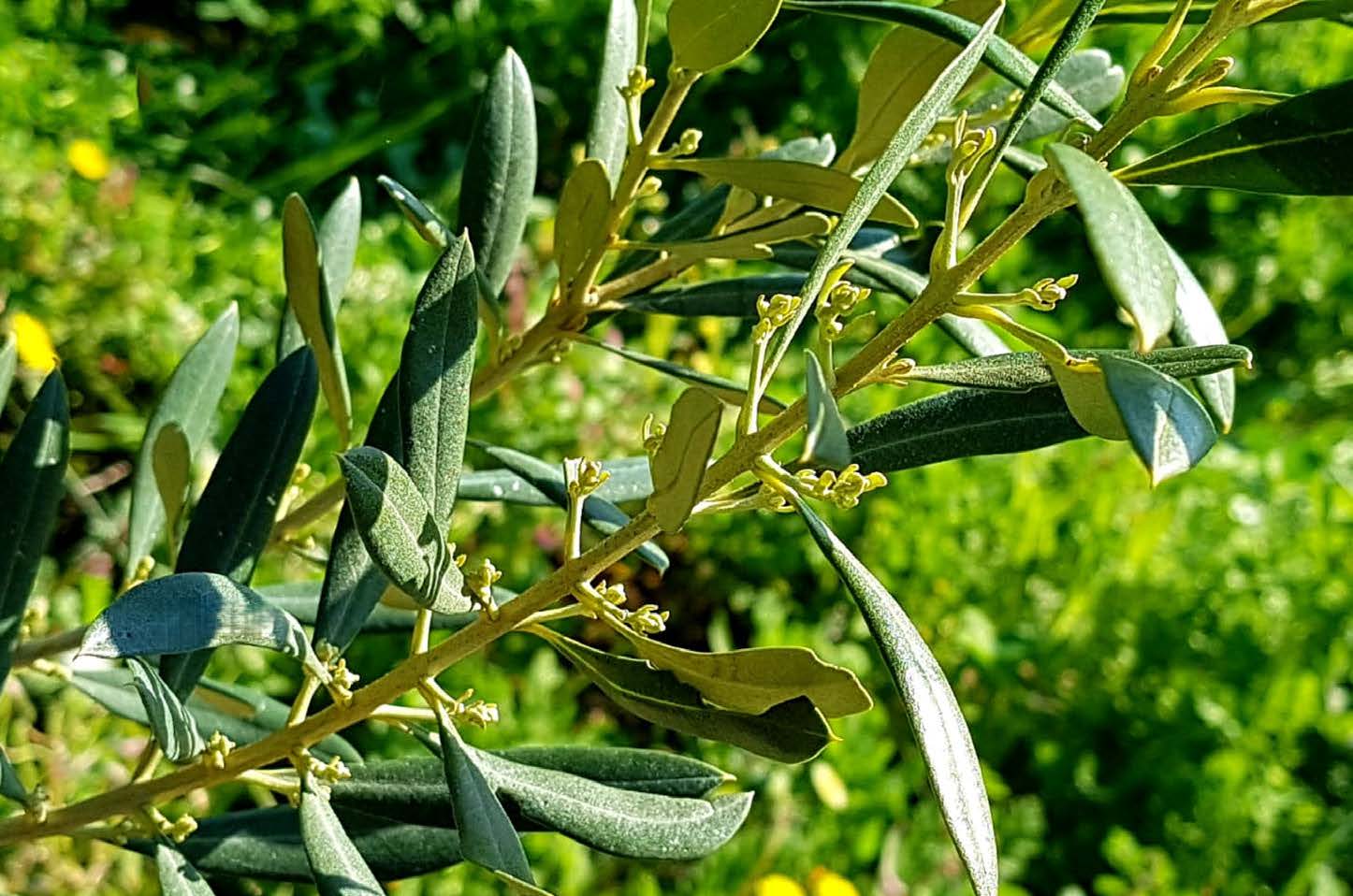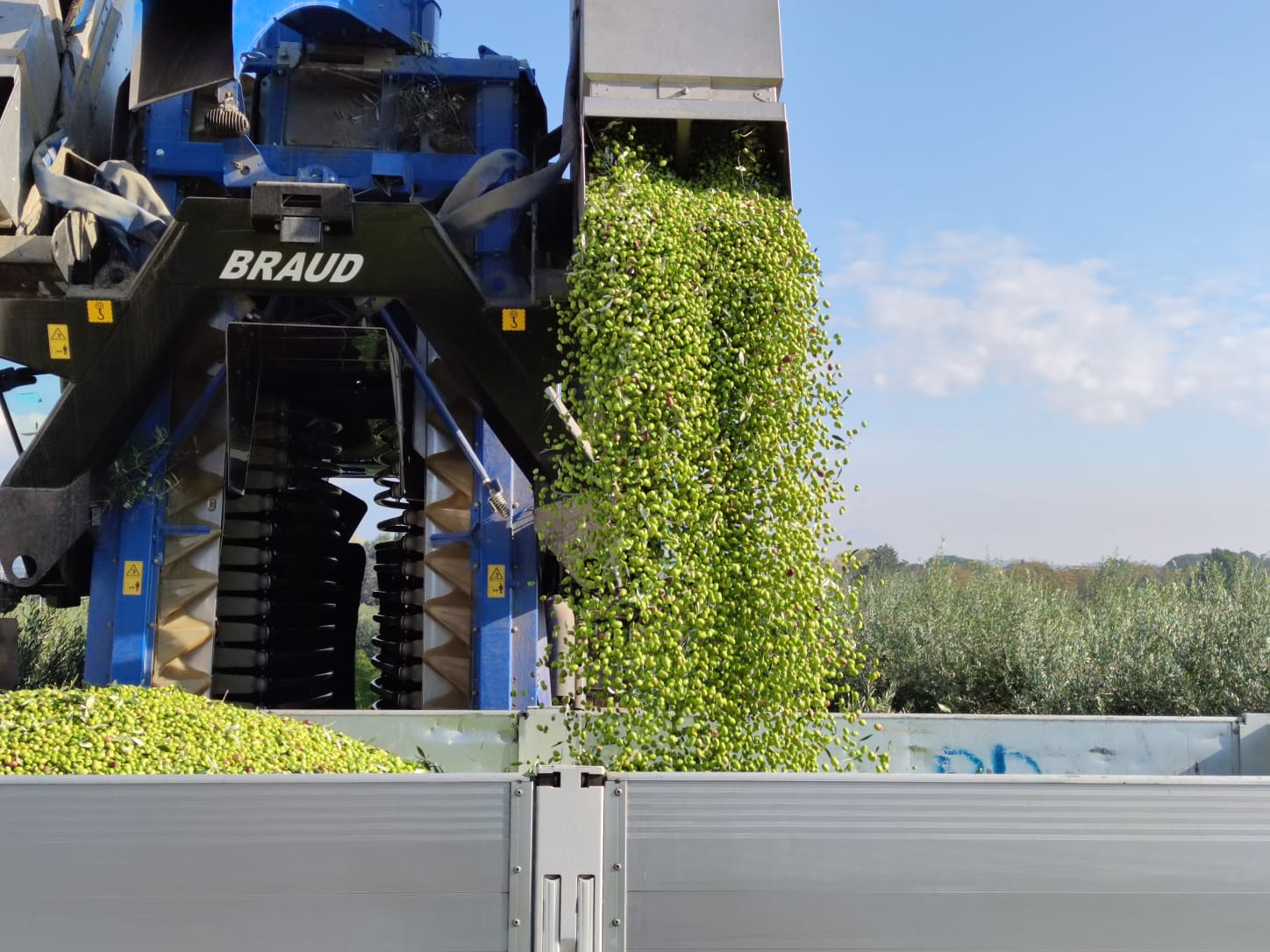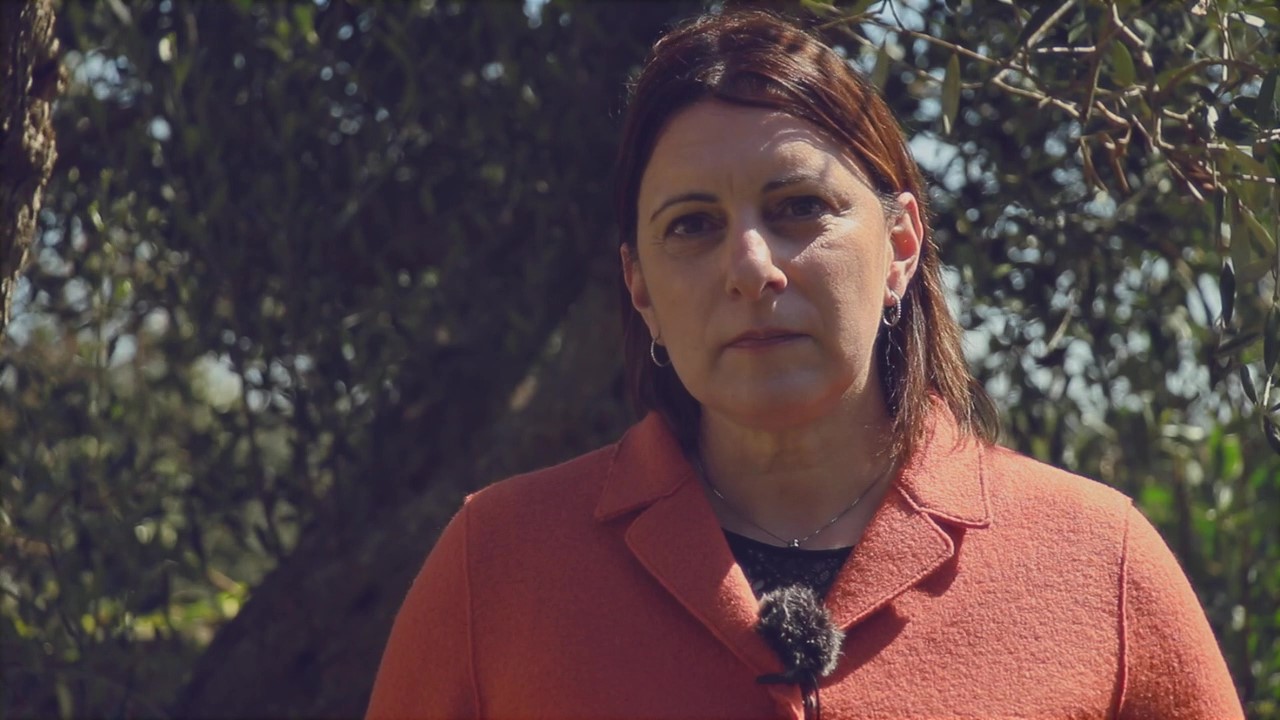PALAZZO DI VARIGNANA: Innovation and Tradition in Olive Growing
Palazzo di Varignana, through its agricultural company Agrivar, represents a unique experience in the Italian agricultural landscape, characterized by an entrepreneurial journey that combines technical innovation with deep respect for local olive-growing traditions.
Founded in 2015, the agricultural company now spans over 650 hectares, with 265 dedicated to olive groves—making it the largest olive grove in Emilia-Romagna. The cultivation began with traditional native varieties such as Ghiacciola, Nostrana di Brisighella, and Correggiolo, later complemented by central Italian cultivars like Maurino and Leccio del Corno.
At the same time, Palazzo di Varignana developed a modern and rational project based on mechanizable systems, using innovative varieties such as Lecciana, Florentia, and Brunella—representing the best new cultivars that combine high productivity with excellent organoleptic qualities.
All decisions made by Palazzo di Varignana are driven by the pursuit of quality—a commitment that has been rewarded with international recognition.
In a region like Emilia-Romagna, near Bologna, where olive cultivation is not traditional, what inspired you to start this olive-growing project?
In an area like Bologna, where olive growing was marginal for much of the 20th century, our inspiration came from the desire to produce high-quality olive oil.
South of the Via Emilia, olive cultivation dates back to Roman times but was interrupted in the late 18th century due to unfavorable climatic conditions. As evidence of this historical legacy, in one of our estates located near the archaeological site of the ancient city of Claterna, extraordinary archaeological finds were discovered during land preparation for planting—including large processing tanks. Pollen analysis confirmed that these tanks contained oil and wine.
This historical discovery reinforced our entrepreneurial determination to revive a cultivation deeply rooted in the territory.
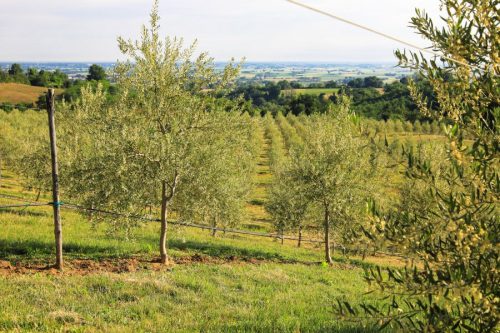
What is the main market for your oils: local, national, or international?
The founder’s passion for extra virgin olive oil led to a strong investment in olive growing, supported by the growing international demand for high-quality oils with recognized health benefits appreciated by global consumers.
The company aims to produce not only premium oils tied to local tradition but also versatile oils for use in cooking and pastry-making, introducing more modern and mechanized cultivars and agricultural techniques.
Palazzo di Varignana primarily operates in international markets, while also promoting an “oil-centric” gastronomic culture. In its own restaurants, the company educates guests on the conscious use of extra virgin olive oils through guided tastings and specific pairings based on the dishes served.
What was the criteria for selecting the varieties?
The selection of varieties was guided by both qualitative and historical considerations, enhancing a local germplasm of over 30 native cultivars from Emilia-Romagna, and by agronomic and economic sustainability needs.
Traditional olive groves with native varieties are aimed at a niche, high-value market, while wall-trained groves—thanks to full mechanization—ensure higher profitability and lower costs.
Based on your experience, what advantages does the super-intensive model offer compared to previous models?
The decision to adopt a high-density cultivation model stems from the need to optimize costs, increase production efficiency, and ensure consistent oil quality.
This system significantly reduces operational and management costs while offering environmentally and economically sustainable production.
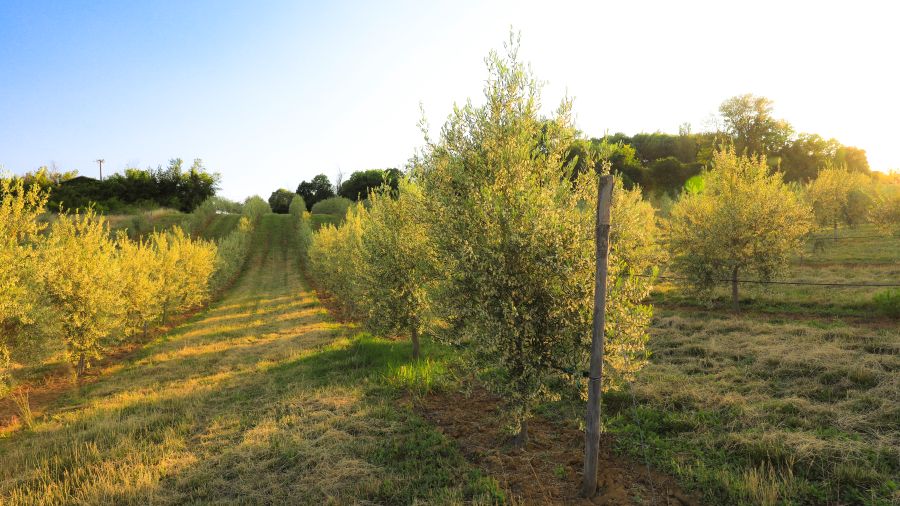
What is your long-term vision for the Palazzo di Varignana olive grove?
Palazzo di Varignana’s long-term vision is to help elevate extra virgin olive oil as a product celebrated for its organoleptic diversity and health benefits—becoming a central element in global gastronomy.
To entrepreneurs interested in investing in non-traditional olive-growing areas, Palazzo di Varignana recommends seizing the opportunities offered by the global market, provided they are guided by foresight, financial commitment, and a clear strategy for territorial enhancement.


